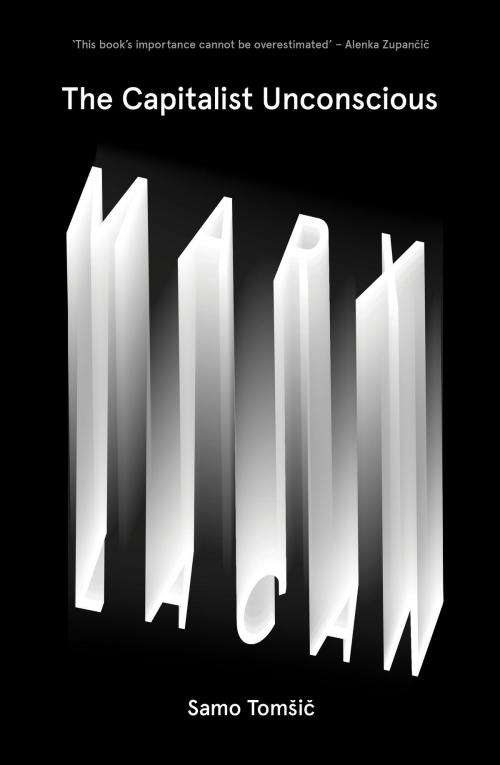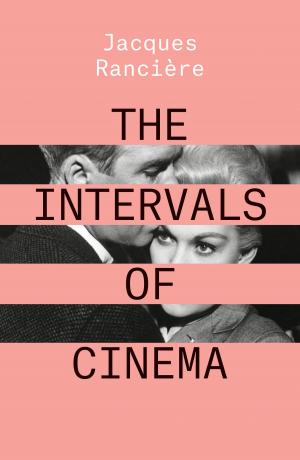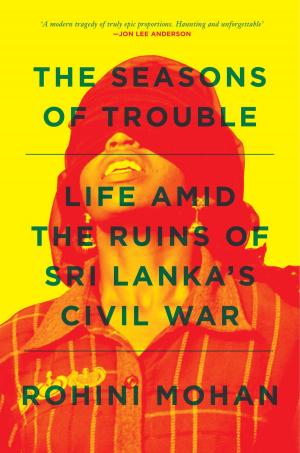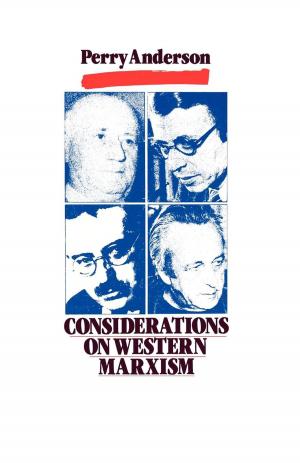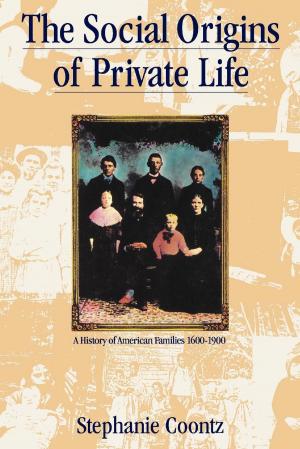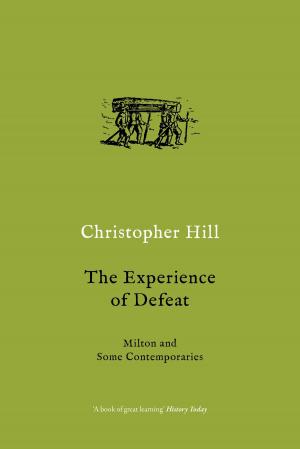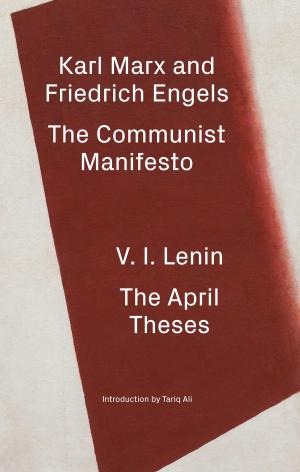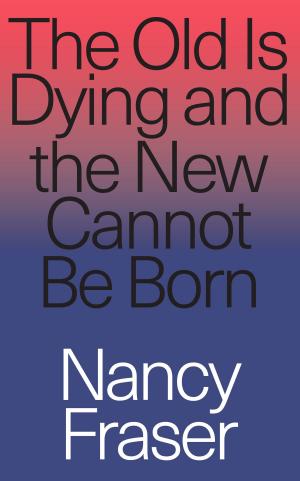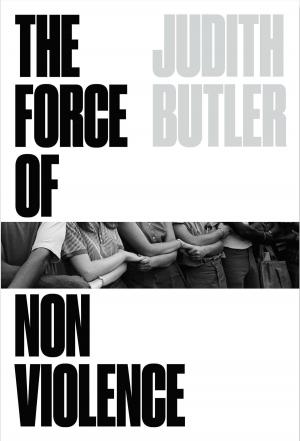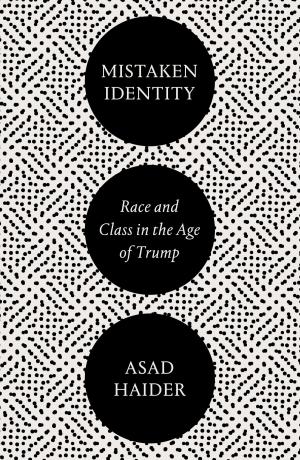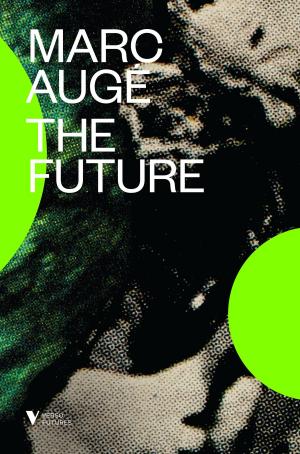The Capitalist Unconscious
Marx and Lacan
Nonfiction, Health & Well Being, Psychology, Psychoanalysis, Social & Cultural Studies, Political Science, Government, Communism & Socialism, Religion & Spirituality, Philosophy, Political| Author: | Samo Tomsic | ISBN: | 9781784781101 |
| Publisher: | Verso Books | Publication: | February 16, 2016 |
| Imprint: | Verso | Language: | English |
| Author: | Samo Tomsic |
| ISBN: | 9781784781101 |
| Publisher: | Verso Books |
| Publication: | February 16, 2016 |
| Imprint: | Verso |
| Language: | English |
A major systematic study of the connection between Marx and Lacan’s work
Finalist for the American Board and Academy of Psychoanalysis Book Prize
Despite a resurgence of interest in Lacanian psychoanalysis, particularly in terms of the light it casts on capitalist ideology—as witnessed by the work of Slavoj iek—there remain remarkably few systematic accounts of the role of Marx in Lacan’s work.
A major, comprehensive study of the connection between their work, The Capitalist Unconscious resituates Marx in the broader context of Lacan’s teaching and insists on the capacity of psychoanalysis to reaffirm dialectical and materialist thought. Lacan’s unorthodox reading of Marx refigured such crucial concepts as alienation, jouissance and the Freudian ‘labour theory of the unconscious’. Tracing these developments, Tomšič maintains that psychoanalysis, structuralism and the critique of political economy participate in the same movement of thought; his book shows how to follow this movement through to some of its most important conclusions.
A major systematic study of the connection between Marx and Lacan’s work
Finalist for the American Board and Academy of Psychoanalysis Book Prize
Despite a resurgence of interest in Lacanian psychoanalysis, particularly in terms of the light it casts on capitalist ideology—as witnessed by the work of Slavoj iek—there remain remarkably few systematic accounts of the role of Marx in Lacan’s work.
A major, comprehensive study of the connection between their work, The Capitalist Unconscious resituates Marx in the broader context of Lacan’s teaching and insists on the capacity of psychoanalysis to reaffirm dialectical and materialist thought. Lacan’s unorthodox reading of Marx refigured such crucial concepts as alienation, jouissance and the Freudian ‘labour theory of the unconscious’. Tracing these developments, Tomšič maintains that psychoanalysis, structuralism and the critique of political economy participate in the same movement of thought; his book shows how to follow this movement through to some of its most important conclusions.
